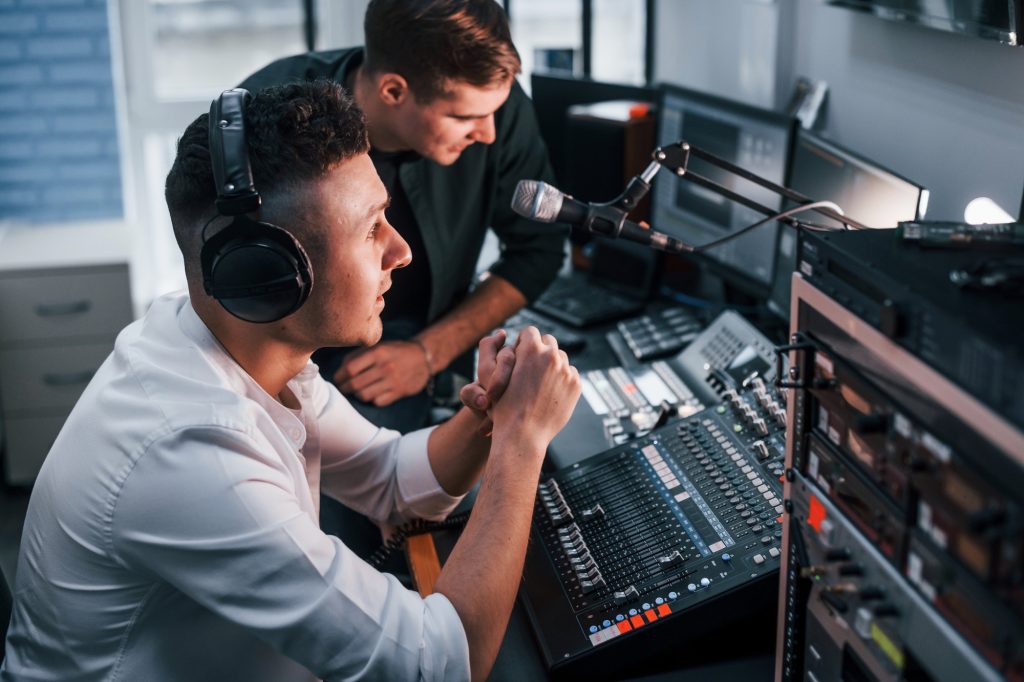Music, the universal language of emotions, has been an integral part of human civilization for centuries. Its ability to evoke powerful feelings, create connections between individuals, and influence cultural expressions makes it a captivating and essential art form. From ancient rituals to modern-day concerts, music plays a significant role in shaping human experiences and societal norms. This article delves into the diverse aspects of music, its impact on human emotions, and how it contributes to the fabric of our society.
The Emotional Impact of Music
- Emotional Resonance: Music has a profound effect on human emotions. Certain melodies, rhythms, and harmonies can resonate deeply within us, triggering joy, sadness, nostalgia, or even catharsis. This emotional connection is universal, transcending language barriers and cultural differences.
- Music and Healing: Music therapy is a recognized field that utilizes music to promote emotional and physical well-being. It has been shown to reduce stress, anxiety, and depression while improving mood and overall mental health. The therapeutic power of music extends to various populations, from children with developmental disorders to seniors dealing with dementia.
- Music and Memory: Songs have the ability to evoke vivid memories from the past. This phenomenon is closely linked to the brain’s intricate wiring, as music can activate specific neural pathways associated with memory and emotions. This connection is particularly potent in patients with Alzheimer’s or other memory-related disorders.
Music as a Cultural Expression
- Cultural Identity: Music is an essential element of cultural identity. Different regions and ethnic groups develop unique musical styles, reflecting their history, traditions, and values. Whether it’s the rhythmic beats of African drums, the intricate melodies of Indian classical music, or the soulful ballads of the American blues, music is a mirror of cultural diversity.
- Preserving Heritage: Traditional music plays a crucial role in preserving a community’s heritage. By passing down songs and musical practices from one generation to another, cultural values and stories are perpetuated, ensuring that the essence of a society is not lost to time.
- Music and Social Movements: Throughout history, music has been a catalyst for social change. Protest songs have served as anthems of resistance, galvanizing movements against injustice and inequality. From the Civil Rights era to anti-war protests, music has united people and amplified their collective voices.
Music and Communication
- Emotional Communication: When words fail, music speaks. It communicates emotions and feelings that can be challenging to express verbally. Musicians use their art to convey their innermost thoughts and experiences, forging a profound connection with their audiences.
- Crossing Language Barriers: Music transcends language barriers, enabling artists to reach audiences worldwide. Non-English songs have gained global popularity, showcasing how music’s emotional essence surpasses linguistic limitations.
The Business of Music
- Streaming and Digitalization: The music industry has experienced a significant transformation with the rise of streaming platforms. Digitalization has made music more accessible, allowing artists to reach a broader audience. However, it has also raised concerns about fair compensation and copyright issues.
- Live Concerts and Festivals: Live music experiences remain a vibrant aspect of the industry. Concerts and music festivals bring fans together, creating memorable and immersive experiences. These events also serve as crucial revenue streams for artists.
Conclusion
Music’s power lies in its ability to evoke emotions, communicate ideas, and bring people together. From the intimate moments of personal reflection to the grand stages of social movements, music’s impact on human emotions and society is undeniable. As we continue to evolve, music will undoubtedly remain a timeless and transformative force, enriching our lives and connecting us on a universal level.
